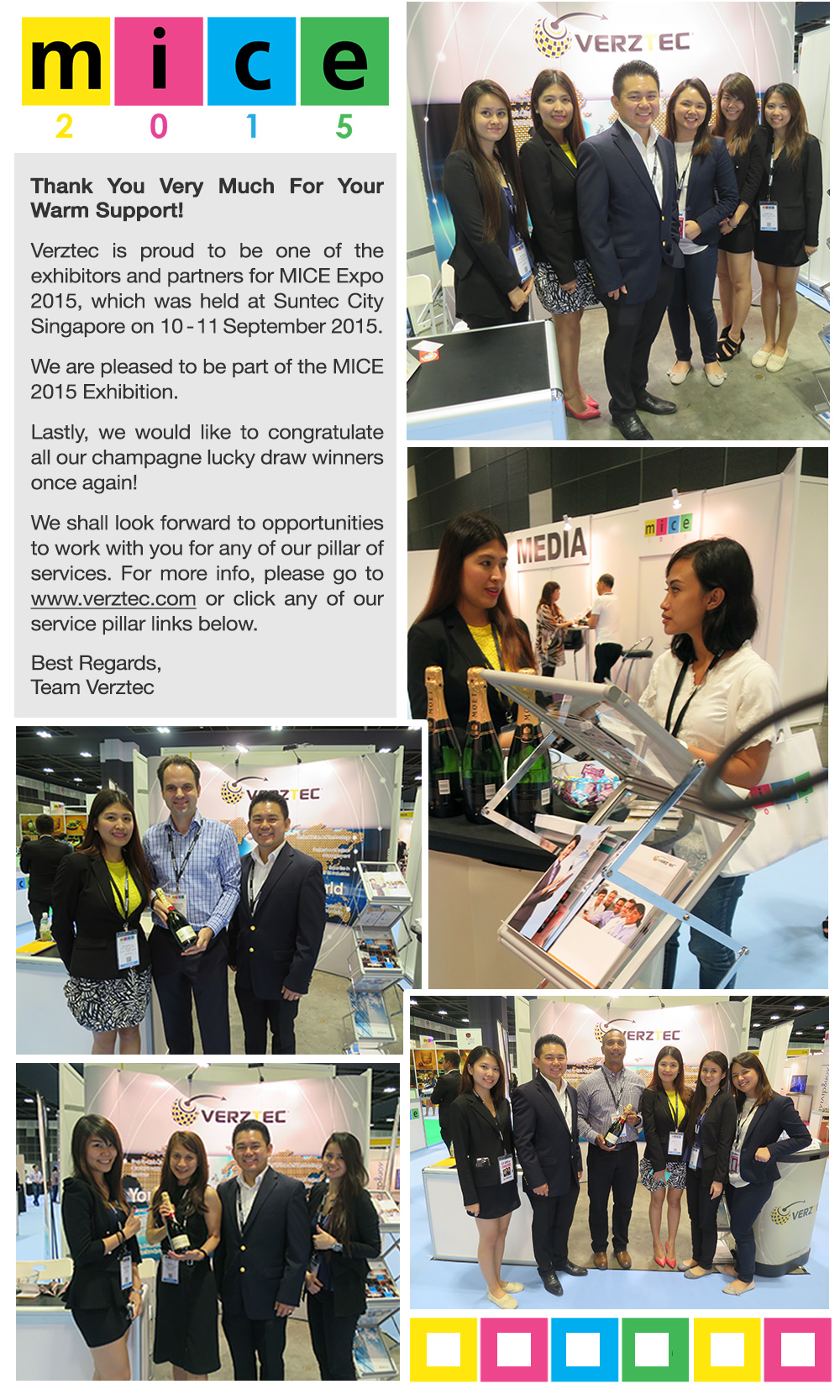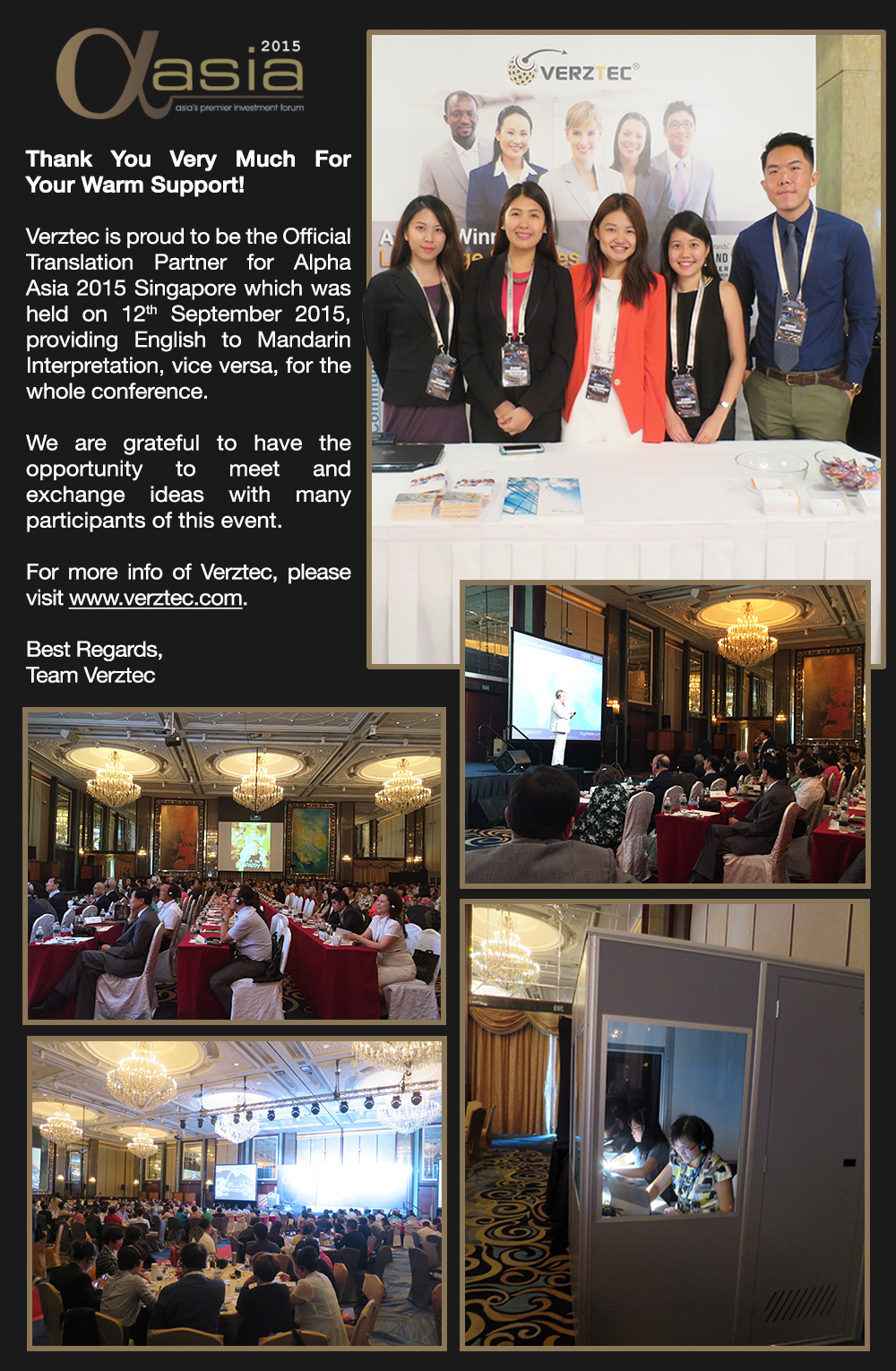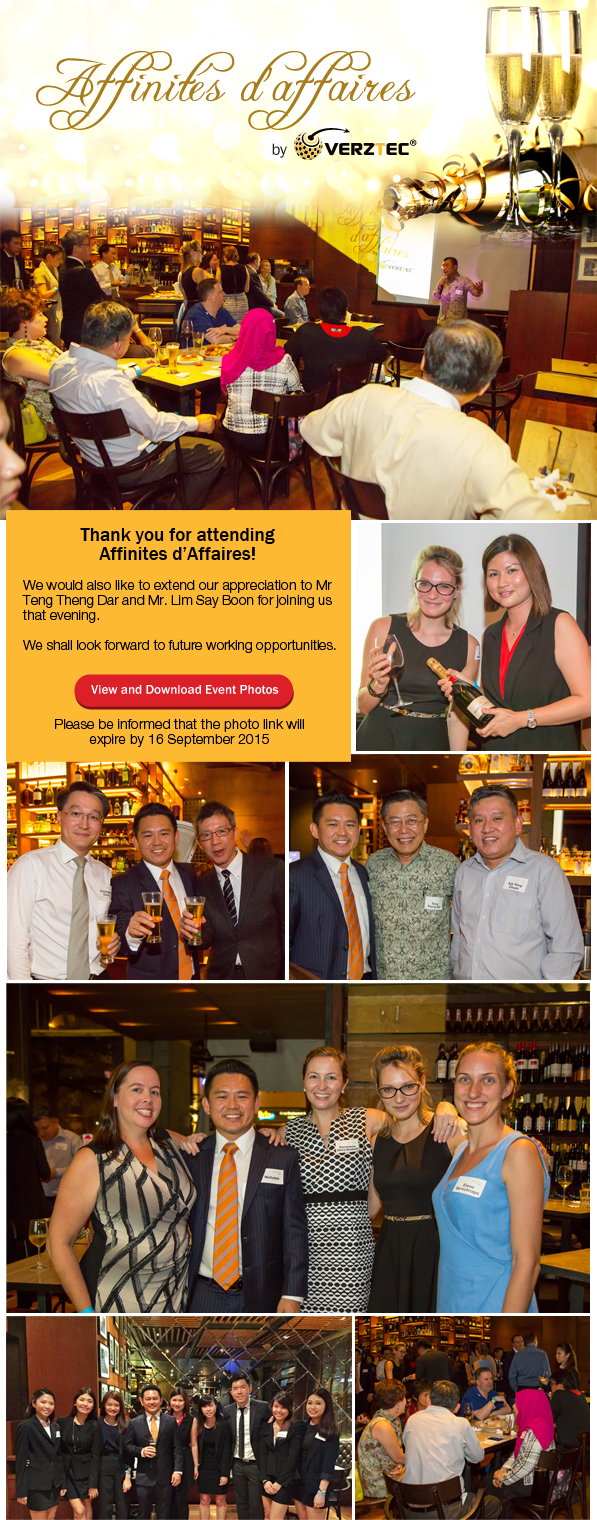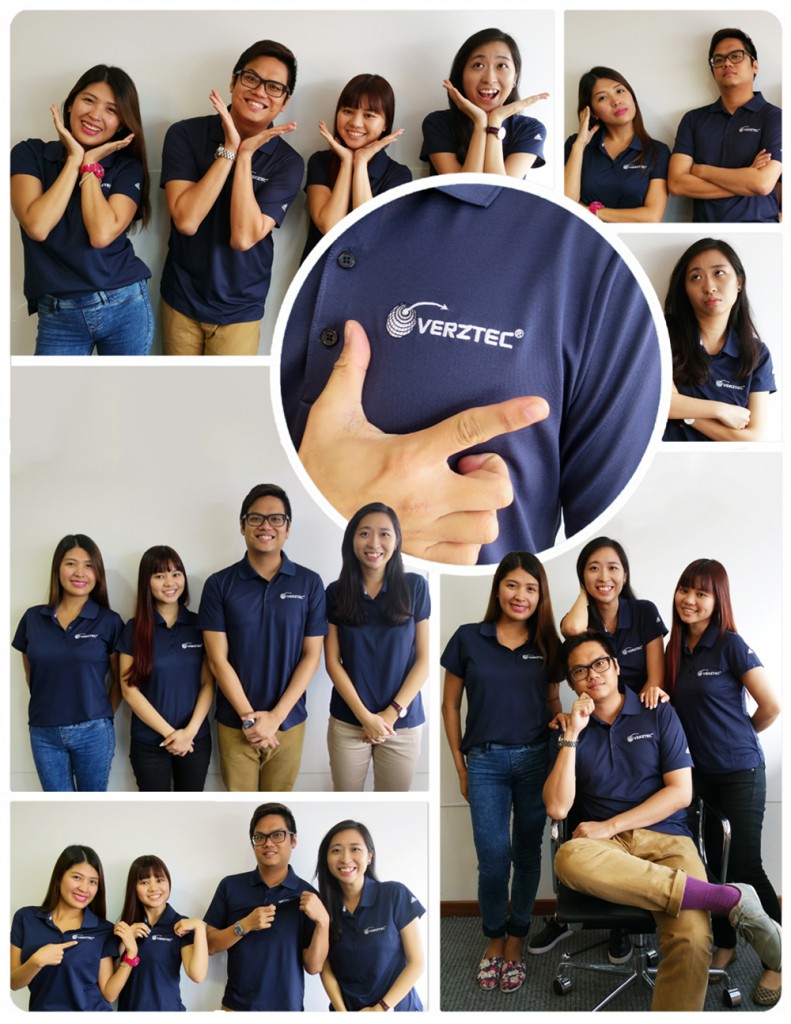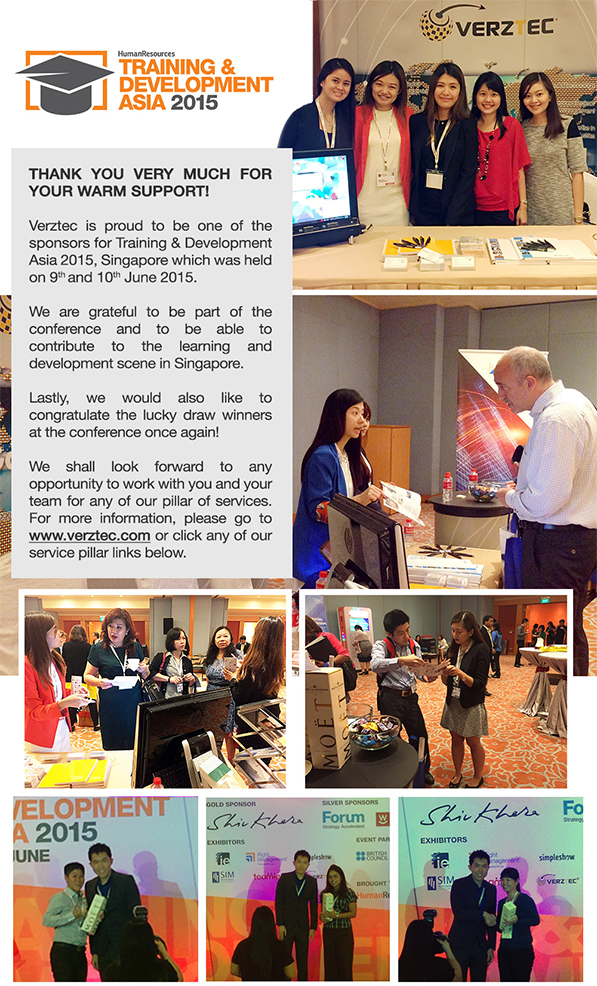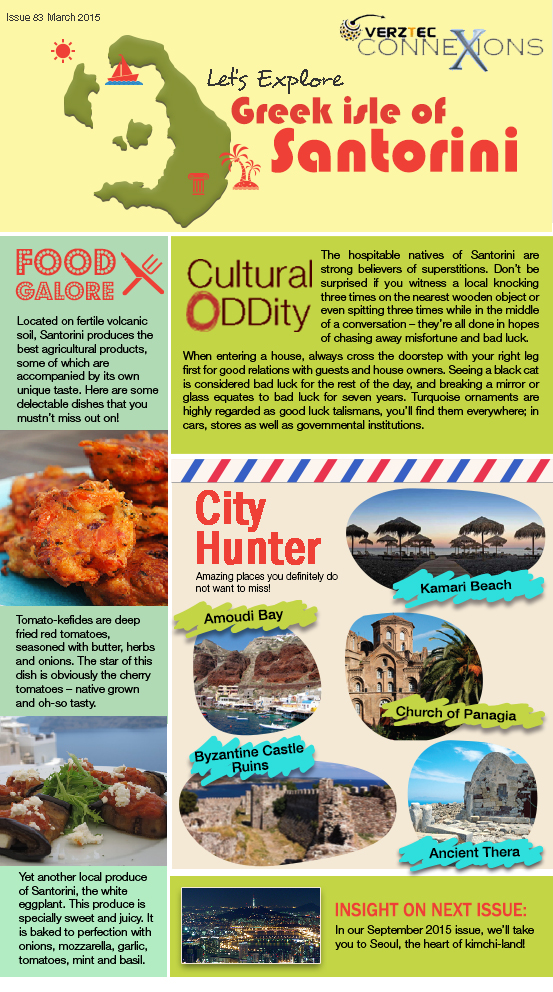Imagine for a moment that you are a company that produces digital cameras. You have already established a market locally. You now plan to expand into the regional market. However, you have a slight problem. You have to teach the people of these regional countries how to use your digital camera, but you do not speak their language. The product leaflets of your digital cameras are written only in English. Who do you approach to help solve your problem?
The idea of translation holds different meanings at different levels for everyone. Translation could be business translations, translations of literary texts, or it could simply be a question of: “What does this word mean in another language?” Regardless of what translation means on each level, the underlying idea remains that translation is a process which connects different languages. In the process of translation, otherwise separate worlds and cultures are bridged together.
One phenomenon that contributes to the proliferation of translation services is globalization. In the face of globalization, the world has become increasingly integrated. Countries and cultures have grown increasingly permeable and accessible. This phenomenon means that translation is becoming a more and more important tool to enhance understanding between cultures.
Today, in the corporate world, it is no longer enough to expand locally. Companies aim for a global reach, targeting at international and regional markets. Translation has become one of the critical components of the overall user experience. To expand into international and regional markets, the transmittal of up-to-date, clear, meaningful, and easily understood messages and in the native language is one of the key elements of success.
Translation is not a single, discrete step, but a process. The optimization of this process requires a well thought out strategy that utilizes trained and experienced people and takes full advantage of automation based on state of the art tools, technology and related processes.
Some types of translation include:
Certified translation – A certified translation is a translation of a document from one language to another by a professional translator with assurances that:
- He or she is knowledgeable in both languages in order to translate the document.
- The translation is complete and accurate.
It is one of the most common types of translations.
Notarized translation – A notarized translation document is a translated document that has been stamped by a notary. This simply means that the notary is a “witness” to the document and has verified that the signers of the document are who they claimed to be. Notaries are licensed by the state to perform simple acts in legal affairs, so not just anyone can be a witness.
Sworn – A “sworn” translation refers to a translation taken by a sworn translator, which refers to the person who is officially approved to provide a translation into the language combination in question.
Unless translation is a core business competency in your company or organization, translation services are commonly sub-contracted to external vendors. Choosing translation service providers can be a daunting task as the worldwide market is very fragmented. The choice will eventually be driven by costs, turn-around time, quality, domain expertise and languages supported. A good translation process needs to be tuned, optimized and is continuously being improved upon as business requirements are evolving. It should take full advantage of automation and reuse of previous translations.
Verztec Consulting is one of the few global consulting agencies which shapes its mission around the fulfilment of these criteria to provide the best service to its customers. With more than a decade of experience in the localization industry, Verztec hires native, in-country translation teams who possess subject domain expertise pertaining to its clients’ products and industry to help clients across 26 industry sectors. Verztec Consulting is well poised to provide Professional Translation Services that is fine-tuned to your corporate and individual needs.
Drop us an email at enquiry@verztec.com or call +65-6577 4646 for professional translation services that are suited to your very needs.
About the Writer

Jovita is an Editor at Verztec Consulting. Sleeping has been known to take up one third of our lives, and for Jovita, writing and sports take up the remaining two thirds. She is as passionate about crafting out a good story as she is about giving herself a good workout. Toss her a good outline and she will write you your story – the good, the juicy and the classified.




